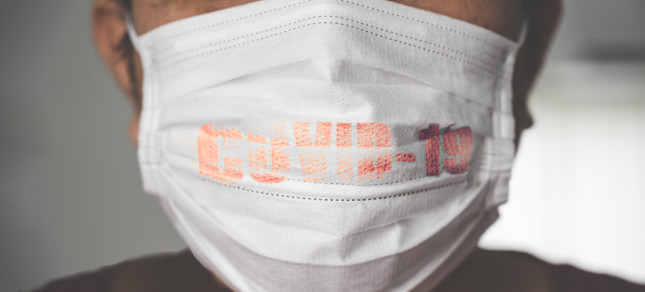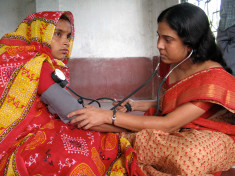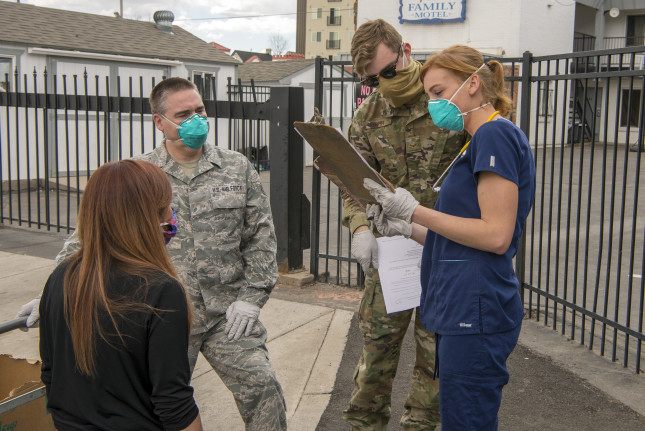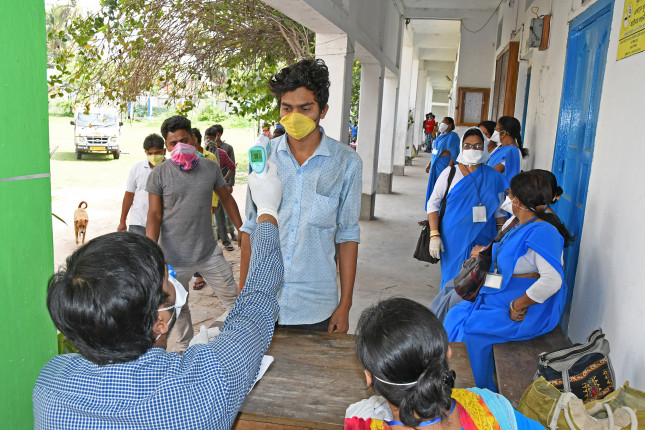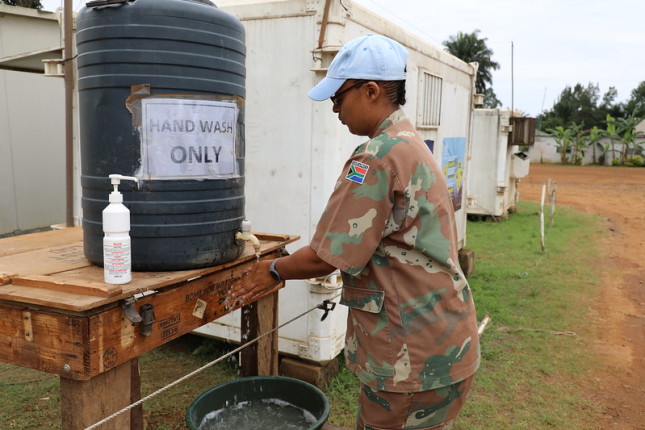-
Health Security is National Security
›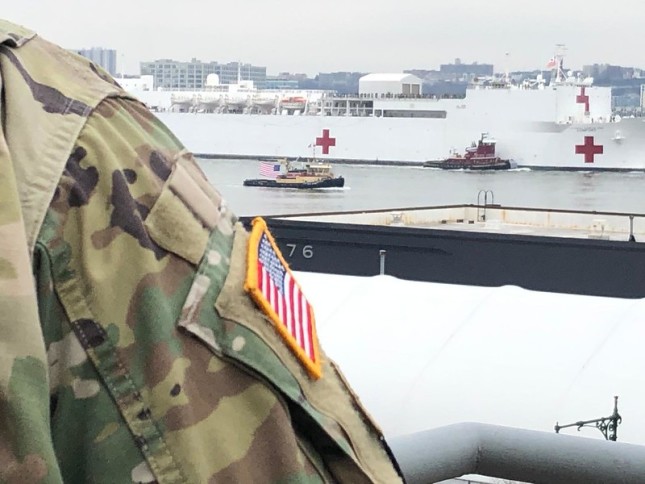
In the last several weeks, editorials by former U.S. national security professionals, particularly in The Washington Post and Just Security, argued for the need to expand the definition of national security in light of the coronavirus. Such expansion, they assert, should include climate change and infectious diseases like the coronavirus. Their pleas call for greater emphasis on human security in the national security discourse.
-
Gender, Masculinity, and COVID-19
›
Gender is shaping the COVID-19 crisis in real and significant ways. Beyond the direct, visible practices that by now we all should understand—stay home, wash your hands, step back six feet—gender and its interactions with class, race, and immigrant status impact a number of dimensions of this crisis. From epidemiology to the vulnerabilities of front-line health workers, from the distribution of care work within families to the implications of quarantine for domestic violence, we need to reflect critically on these interactions to shape a truly effective policy response to this pandemic.
-
High Blood Pressure: Pregnant and Postpartum Women Face Hidden Danger
›CODE BLUE // Dot-Mom // Guest Contributor // April 23, 2020 // By Charlotte E. Warren & Pooja Sripad
One-third of all maternal deaths can be traced to high blood pressure in pregnancy and in the weeks after giving birth. Yet many women don’t know how dangerous high blood pressure can be. And they may not realize they are at risk for many life-threatening conditions such as pre-eclampsia and eclampsia. Because high blood pressure can be asymptomatic, women with hypertension may not feel unwell or even know that their health is compromised.
-
Gender and the “War” on Covid-19
›
The rhetoric of war is all around us during the Covid-19 pandemic, from the World Health Organization to historical takes. More critical assessments note that this war, like others, will hurt the most vulnerable. In a recent essay, feminist political scientist Cynthia Enloe takes issue with this rhetoric, pointing to the historic ways in which wars have led to “racist, homophobic, and anti-Semitic practices.” Whether or not war rhetoric is helpful at this crucial moment, the current pandemic should be a wake-up call to expand what investments we consider essential to our national security, how we value work, and who gets called a hero.
-
Migrant Workers in India: Insecurity in the Time of Coronavirus
›
“The only certainty is uncertainty,” Pliny the Elder reportedly said. Though all historical times are full of uncertainties, some seem more so than others. This is one of those times.
A major slowdown of the Indian economy was brewing and completely spilled over when I got to India in September 2019 to start my dissertation fieldwork on Indian women construction workers’ experiences and conceptualizations of Human Security. Wages stagnated. Consumer spending fell. Construction, real estate, and other industries were sent reeling. Construction workers’ livelihoods were teetering on the brink. Uncertainty became the backbone of their existence.
-
Real-time Data Could Save More People from Covid-19
›
It’s clear that the virus that causes Covid-19 travels freely. It needs no visa, having breached many points of entry. Experts at Imperial College London estimate that “in the absence of interventions, Covid-19 would have resulted in 7 billion infections and 40 million deaths globally this year.” Now is the time for governments to get ahead of the curve and respond to the emergency. It’s time to take a whole-of-government approach to strengthen testing at points of entry and institute mass testing at various points as South Korea did.
-
To Reduce U.S. Maternal Mortality, Take Aim at Non-Communicable Diseases
›
Every day there are more than 800 maternal deaths worldwide. Who are these women? They are reproductive women across the globe. They are our sisters, aunts, friends, and co-workers. They are leaders in our community, family members, and caregivers. When assessing the state of maternal morbidity and mortality in the United States, one must consider not only what we know, but also what must change.
-
Covid-19 and Conflict Zones: Prepare Now or Face Catastrophe
›
As we have seen over recent weeks, the impact of Covid-19 has caused unprecedented disruption, deaths, and confusion in developed countries. The public health capacity of countries such as the United States and UK has been overwhelmed.
Showing posts from category health systems.


